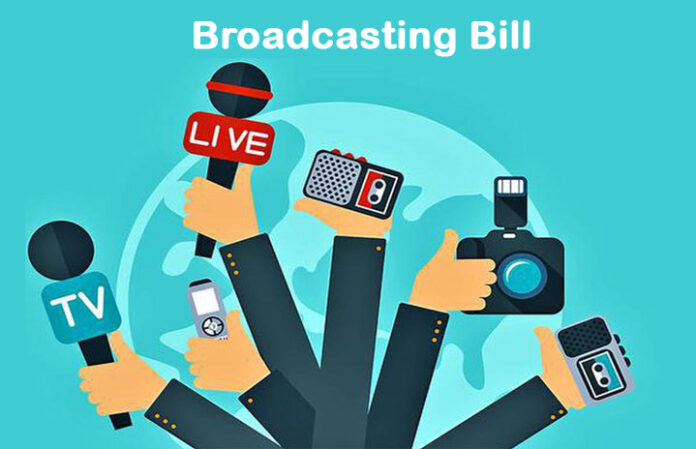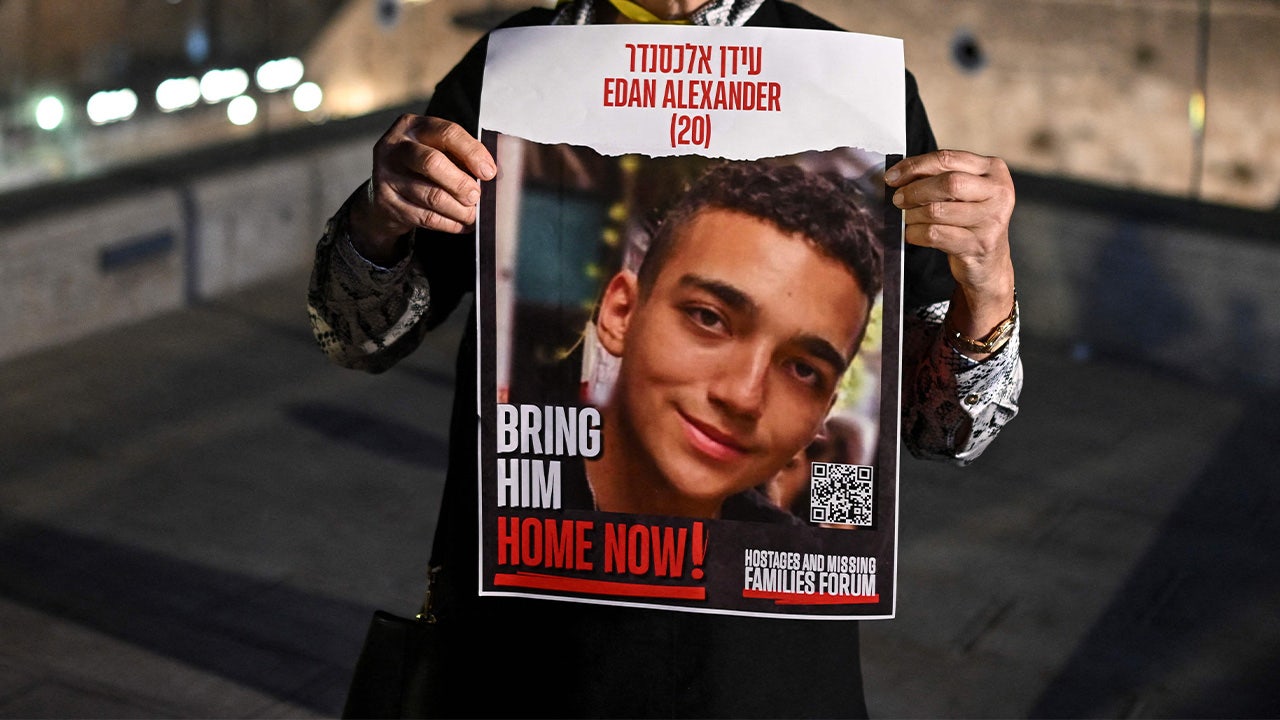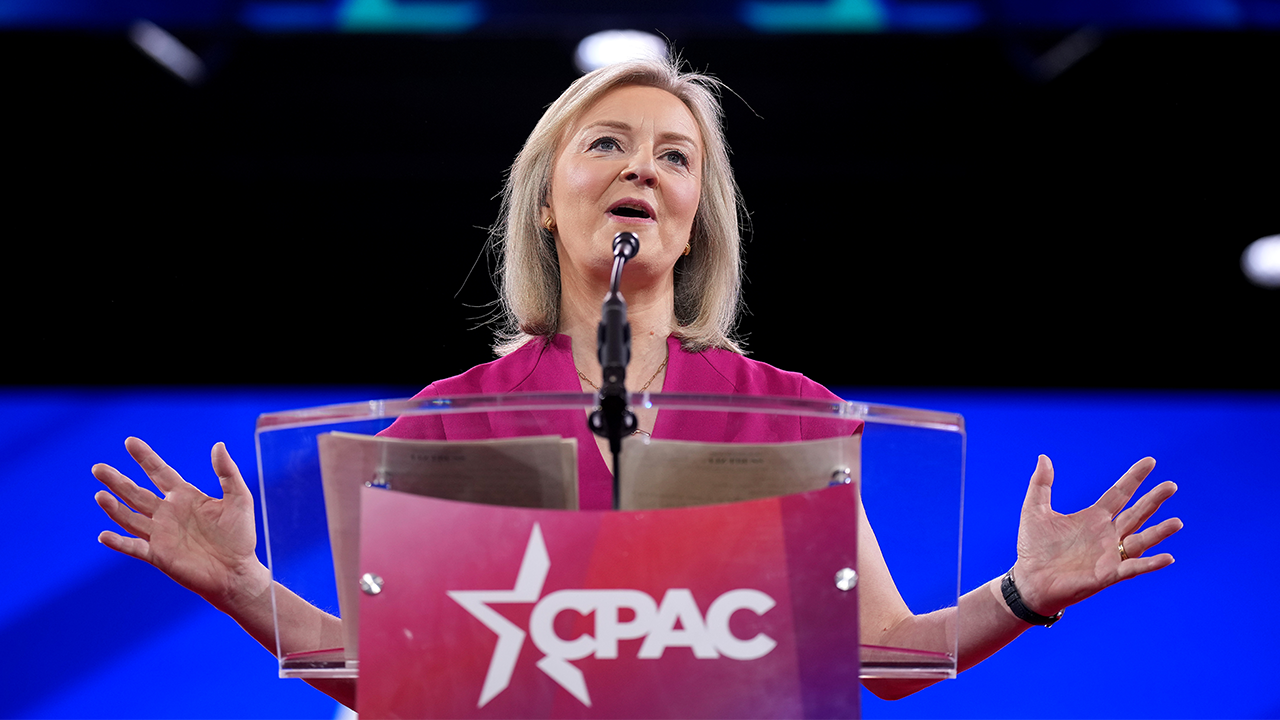The Modi government has introduced several major policies such as demonetization, Smart Cities, GST implementation, lockdown, and the Agni Veer initiative. The latest policy under scrutiny is the Broadcasting Services Regulation Bill 2024. Critics argue that this bill will significantly impact digital journalism, tightening control over digital media, which remains relatively free compared to print and television.
The government, having already influenced traditional media, now aims to regulate smaller digital content creators, including YouTubers and social media influencers. Under the proposed bill, news, political, and social content creators will need to obtain a license, adhere to strict guidelines, and operate under close government supervision. This shift has been likened to a return to the era of License Raj, where government displeasure could halt operations.
The bill has several contentious provisions. Content creators will be required to form content evaluation committees to assess the suitability of their news for the public. Even small channels must comply with the same stringent rules as large broadcasters like Amazon Prime and Netflix, which have ample resources for compliance. Failure to follow regulations could lead to severe penalties, including imprisonment.
This move appears aimed at stifling independent digital creators who have been vocal in questioning government policies. Surveys indicate a significant shift towards digital consumption of political news, highlighting the increasing influence of digital platforms. The government’s attempt to alter IT rules was a precursor to this more comprehensive control mechanism.
The draft of the Broadcasting Services Regulation Bill 2023, which was paused during the election period, has now resurfaced with additional stringent measures. The leaked draft, not publicly shared but reported by Hindustan Times, contains provisions that could severely limit the freedom of digital content creators, positioning India closer to digital dictatorships like those seen in Bangladesh.
Noteworthy points in the bill include:
- Definition Expansion: Including all forms of digital communication, not just video content.
- Global Reach: Encompassing content creators worldwide who discuss Indian affairs.
- Programming Code: Aligning digital content with the programming and advertising codes of traditional media, potentially silencing many creators.
- Inspection Rights: Granting the government authority to inspect and seize equipment without a court order if the broadcast code is violated.
- Accessibility Requirements: Mandating subtitles and sign language, which could be financially burdensome for smaller creators.
- Grievance Redressal: Requiring the appointment of officers to handle complaints, further burdening small operations.
- Fair Use Restrictions: Eliminating fair use, making it difficult to critique mainstream media content.
The bill categorizes “Professional Content Creators” as those who produce organized, systematic content, subjecting them to rigorous compliance requirements akin to large corporations. This could overwhelm small teams with bureaucratic hurdles.
The bill also includes provisions for special exemptions, likely favoring government-approved entities while targeting dissenting voices. Legal challenges are expected, as the bill raises constitutional concerns regarding privacy and freedom of expression.
The secrecy surrounding the bill’s drafting and its anticipated fast-tracking through Parliament without public consultation or scrutiny by a standing committee further exacerbates concerns. Critics view this as a deliberate attempt to undermine independent journalism and commentary.
To counteract this, digital media consumers and creators are urged to voice their opposition, using platforms like Twitter to challenge government officials and rally support from opposition leaders. The bill represents a significant test for India’s democracy, with potential implications for the future of free and independent media.
If passed, this bill could signal the end of independent digital media in India, leading to a tightly controlled digital environment. The pushback against this legislation is crucial to preserving freedom of speech and expression in the country.





